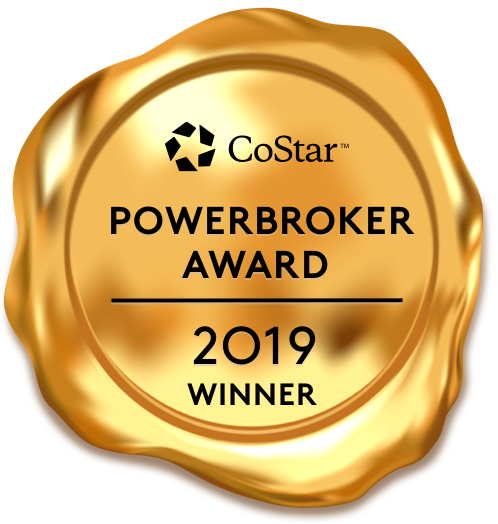|
Cost segregation and tax deferred exchanges under IRC §1031 are two of the most valuable tax planning strategies available to commercial real estate owners today. §1031 permits an investor or business owner to defer tax that would be generated on a sale of qualified property, and, as explained below, cost segregation studies can generate accelerated depreciation that will increase after tax cash flow. With proper tax planning, both tax deferral techniques can be used on the same property in order to obtain the maximum tax benefits available.
|
|
|
|
THE BENEFITS OF COST SEGREGATION
|
|
|
|
Commercial real estate owners can utilize a cost segregation study to increase current depreciation deductions on newly acquired improved real property and property that may already have been placed in service. In the absence of cost segregation, certain equipment associated with the property is lumped together with fixtures and classified as "improvements". Improvements to real property are generally depreciated using the straight line depreciation method over periods as long as 39 years. By engaging a cost segregation expert, certain equipment associated with improvements are carved out and more accurately classified as property eligible for accelerated depreciation. Using cost segregation, recovery periods for certain items associated with the property can be reduced to a period as short as 5 years. Moreover, by reclassifying such property, the owner may be able to use an accelerated depreciation method available under current tax law. In general, a shorter depreciation recovery period will generate larger depreciation deductions in the early years of ownership. Increased deductions reduce taxable income and can generate tremendous cash flow benefits. Investors may also be surprised to find that their CPA can help them claim unused depreciation deductions for assets that have been depreciated under the straight line method for many years, without the headache of amending prior-year returns.
|
| |
|
THE BENEFITS OF §1031 EXCHANGES
|
|
|
|
A §1031 exchange allows a business or investment real property owner to avoid tax on the gain from the sale of a property if the owner acquires like-kind replacement property. Any business or investment real property is generally considered like-kind to any other type of business or investment real property.
|
|
|
|
RELATIONSHIP BETWEEN COST SEGREGATION AND §1031 EXCHANGES
|
|
|
- Both strategies can be used on the same property
- Both techniques are used to defer taxes and therefore improve cash flow
- Both can be performed on every type of commercial property
- Both encompass complex areas of tax law and necessitate the use of specialists
|
|
TAX PLANNING AND CONSIDERATIONS
|
| |
|
A cost segregation proposal will help the building owner and advisor determine if a study will be beneficial for the replacement property in a §1031 exchange, given the carryover tax basis. In general, cost segregation studies are most advantageous when the building has a basis greater than $1M, the owner is exchanging up in value or exchanging from land to a building. Building owners should also plan for the possibility of future depreciation recapture which may generate some tax in a later sale or §1031 exchange. With proper planning a recapture tax can be deferred by acquiring replacement property with sufficient amounts of property that would be eligible for a shorter recovery period. Also, the two methods can be integrated effectively and may provide an opportunity for taxpayers to defer income taxes indefinitely while maximizing current after tax cash flow.
|
| |
|
The above information was provided by Scott Zarret, CPA at 303-221-4100. For more information, visit KBKG, Inc.: www.costsegregation.biz, Kevil & Kevil, CS, LLC: www.kevilcs.com, SCS Real Estate Advisors: www.scsadvisors.net.
|
 News Stories in RSS
News Stories in RSS